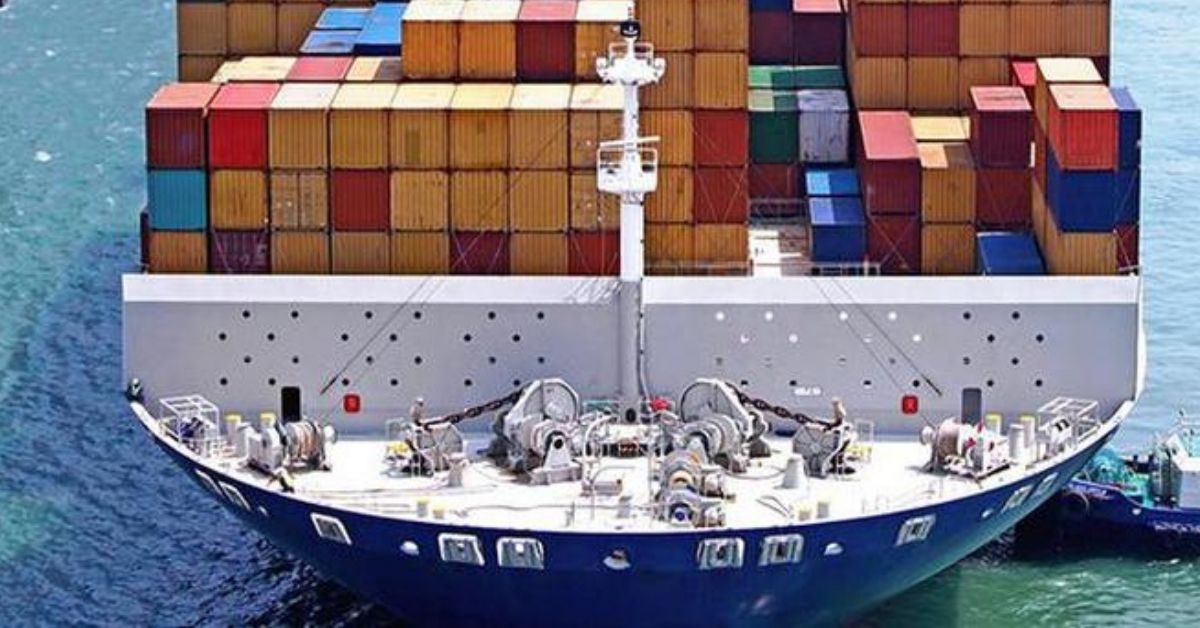A statement by the militant group threatened that if Gaza doesn’t receive food and medicines, all ships in the Red Sea bound for Israeli ports, regardless of nationality, will become a “legitimate target”. “We warn companies and ships against dealing with Israeli ports,” the statement added.
This threat is in keeping with the Iran-backed group’s continued support to Hamas.
Israel’s military operation against Palestine-based Hamas has entered its third month, following the terror attack against the Jewish state on October 7. With the rising death and damage toll in the besieged Gaza Strip, the Houthi campaign against Israeli traffic in the Red Sea has also intensified.
It is worth noting that until now, the Houthis had threatened to target only Israeli flagged, owned or operated ships in the Red Sea. Over the last month, the Iran-backed group launched drones and missiles at several naval and commercial vessels. A cargo ship, Galaxy Leader, headed to Gujarat was also hijacked.
Just last week, three ships were targeted by ballistic missiles in the Bab el-Mandeb Strait, connecting the Red Sea to the Gulf of Aden, a strategic route for oil trade and merchant ships.
The threat of targeting military escorts further complicates the situation in West Asia, intensifying the risk of expansion of the regional conflict. “Any military escort of Israeli ships will be considered a threat to Yemen, and the armed forces will have the authority to combat this threat,” the Houthi leader has announced, as US and other naval forces present in the region have been intercepting attacks on vessels.
Widespread disruption
The first to be directly impacted by the war in the Red Sea is the shipping industry, with some companies altering trade routes away from the vulnerable region. Reports state vessels headed to Asia and Europe are taking the longer route around the Cape of Good Hope.
To understand the gravity of the situation, one must understand the importance of this route. Capt Naveen S Singhal (Retd), marine consultant and founder of JAG Consultants Pte Ltd, tells us, “Approximately 12-14% of the global trade moves through the Suez Canal. The Suez route requires vessels to generally pass through the Gulf of Aden and the Red Sea. Southbound traffic also moves in a similar way, passes the Suez Canal, and moves out into the Arabian Sea via the Gulf of Aden and the Red Sea. About 50-60 ships transit each day, four times the vessels that transit the Panama Canal. So the route is very critical for international trade.”
A disruption in the Red Sea route will hurt the shipping industry. For example, a ship from Mumbai to Rotterdam takes 13-14 days via Suez. But going via Cape Town will add 13-14 days extra, explains Singhal. “This can add to the operating cost and fuel cost, together this could go up to $350,000, and that’s not even including the extra days of charter hire. If shipping cost goes up, then the product you are exporting or importing through the sea also becomes more expensive.”
Impact on India-Israel trade?
And it’s not only profits at risk. “If the situation does not get controlled, then merchant ships will not transit through that route. It’s not only the owner that has to approve transit through a dangerous route; the ship’s crew may also decline to take that risk,” states Singhal.
India and Israel share close bilateral trade ties, with over $3 billion in Israeli exports. And the latest threat will need to be watched closely by both countries. “There are six major ports in Israel where almost 10,000 ships make port call in a year. There are pharmaceuticals, equipment, etc. coming out of the ports Ashdod, Ashkelon, etc. The impact of the latest threat needs to be watched closely to see if their agriculture produce is able to go out of and whether their exports are impacted. Their Navy will obviously be in force to show strength and reassure ships of safety,” notes shipping expert Capt Sanjay Prashar, founder and CEO of VR Maritime Services.
But there is no doubt that maritime trade will be affected. “The threat can’t be taken lightly. Container trade may be targeted initially. Premiums will go up. Premiums for kidnap and ransom have already gone up. But with this threat, they may keep going up by the London markets. I expect premiums to go up by 30-40% for vessels transiting this area,” says Prashar.







